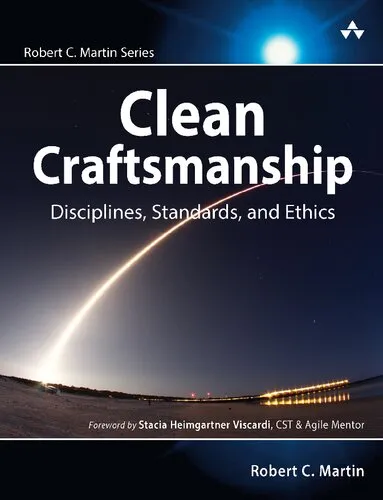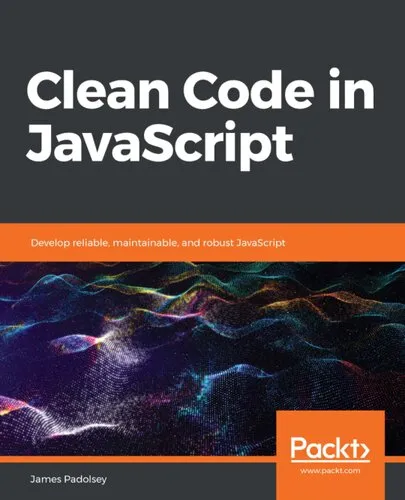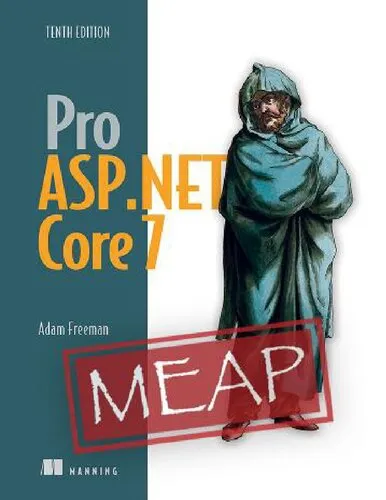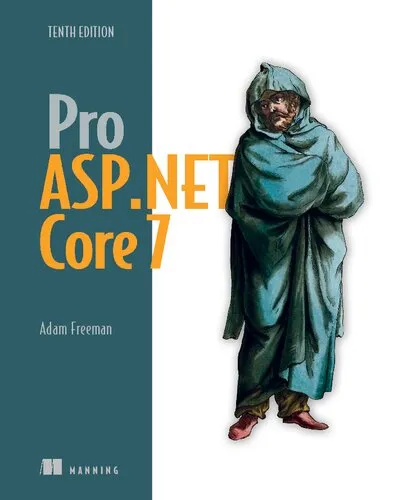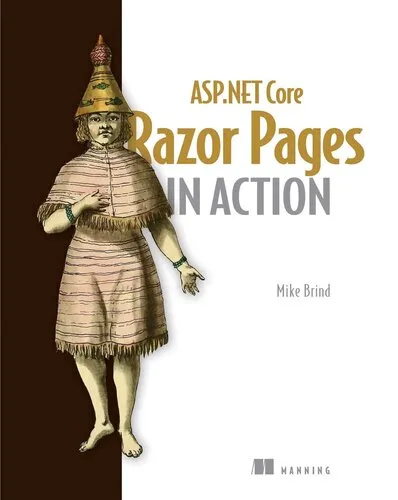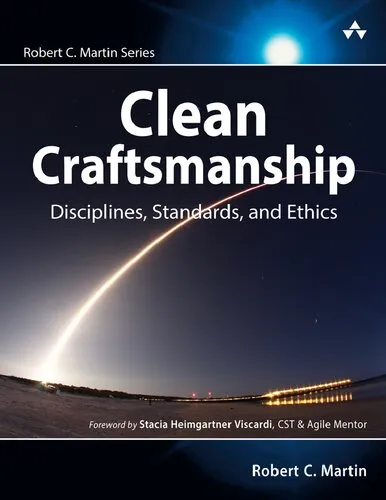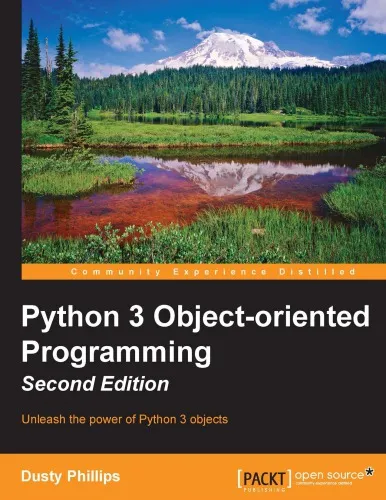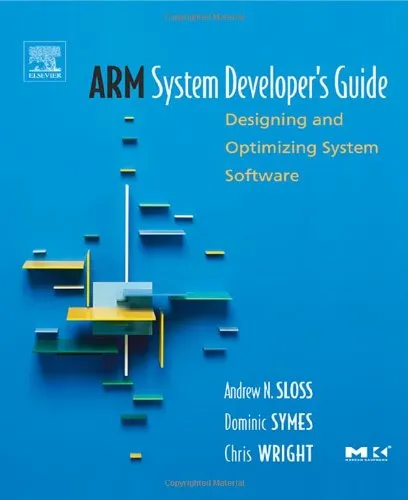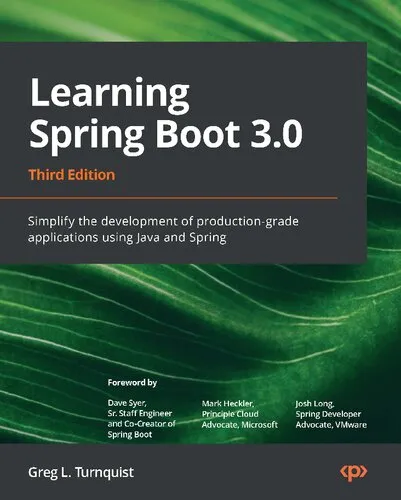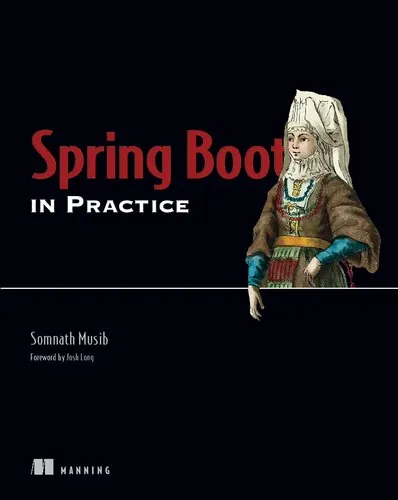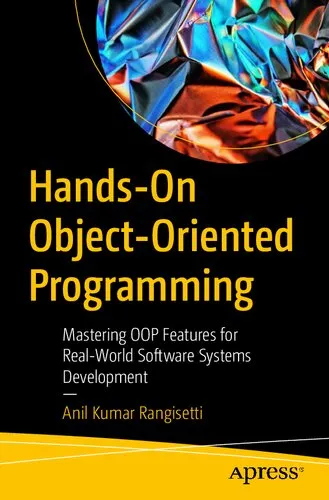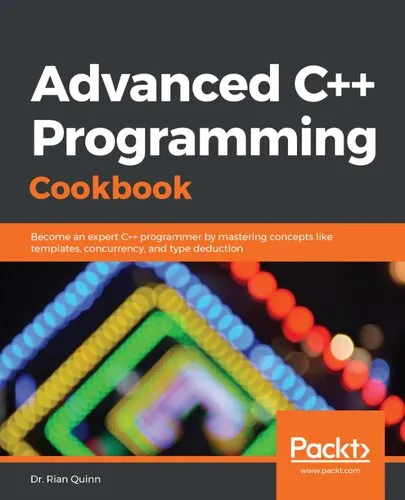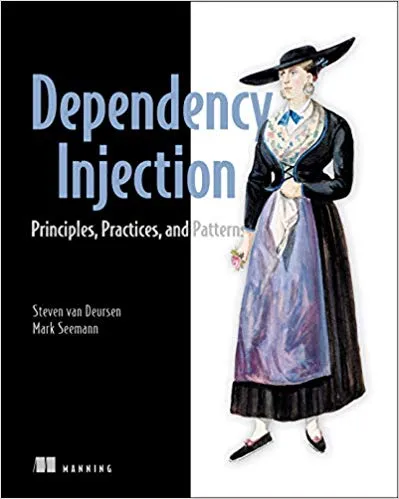Clean Craftsmanship: Disciplines, Standards, and Ethics
4.7
Reviews from our users

You Can Ask your questions from this book's AI after Login
Each download or ask from book AI costs 2 points. To earn more free points, please visit the Points Guide Page and complete some valuable actions.Related Refrences:
Introduction to Clean Craftsmanship
In the ever-evolving landscape of software development, the need for disciplined adherence to standards, ethical practices, and quality craftsmanship is more critical than ever. "Clean Craftsmanship: Disciplines, Standards, and Ethics" by Robert C. Martin delves into these vital themes, providing developers with a comprehensive guide to achieving excellence in their craft.
Detailed Summary of the Book
"Clean Craftsmanship" is a deep dive into the principles that define a skilled software craftsman. It begins by exploring the historical development of craftsmanship within the realm of software, drawing parallels to traditional forms of craft practiced by artisans. Robert C. Martin articulates the necessity of honing one's skills through consistent practice and adherence to standards that elevate the quality of work produced.
The book is structured around three fundamental pillars: disciplines, standards, and ethics. Each section expounds on methodologies and mental models essential for maintaining high standards of software development. The concept of ‘clean’ coding is revisited, emphasizing clarity, simplicity, and a deliberate approach to writing software that is both maintainable and scalable.
Martin also delves into the ethical considerations of software development, urging programmers to acknowledge their responsibility to users, stakeholders, and society at large. By weaving thoughtful insights and practical strategies, "Clean Craftsmanship" becomes an indispensable resource for software developers seeking to refine their skillset and uphold the integrity of their profession.
Key Takeaways
- Understanding the significance of disciplines in maintaining a consistent approach to software development.
- The importance of establishing and adhering to high standards for code quality and project management.
- Recognizing and acting upon the ethical responsibilities of software developers to create secure, reliable, and user-friendly applications.
- Practicing continuous learning and improvement to adapt to changing technologies and methods.
- Building a culture of craftsmanship within teams to promote collaboration and shared ownership of quality.
Famous Quotes from the Book
"Clean code is not written by following a set of rules. It is written by understanding what makes the code readable and maintainable."
"The cost of poor craftsmanship is paid with frustration, maintenance nightmares, and project failures."
"A true craftsman stands by his or her work, upholding the highest standards of quality and integrity."
Why This Book Matters
In a world where software permeates virtually every aspect of daily life, the need for robust, reliable, and ethically developed applications cannot be overstated. "Clean Craftsmanship" speaks directly to the heart of this need, equipping developers with the insights and tools required to generate impactful and sustainable solutions.
This book matters because it addresses the core of what it means to be a software professional dedicated to quality. It challenges developers to transcend the mere act of coding, encouraging a mindful approach to every stage of development, from design to deployment. In doing so, it helps foster a culture where excellence becomes the norm, and the true potential of technology can be realized.
Free Direct Download
You Can Download this book after Login
Accessing books through legal platforms and public libraries not only supports the rights of authors and publishers but also contributes to the sustainability of reading culture. Before downloading, please take a moment to consider these options.
Find this book on other platforms:
WorldCat helps you find books in libraries worldwide.
See ratings, reviews, and discussions on Goodreads.
Find and buy rare or used books on AbeBooks.
1507
بازدید4.7
امتیاز0
نظر98%
رضایتReviews:
4.7
Based on 0 users review
Questions & Answers
Ask questions about this book or help others by answering
No questions yet. Be the first to ask!
